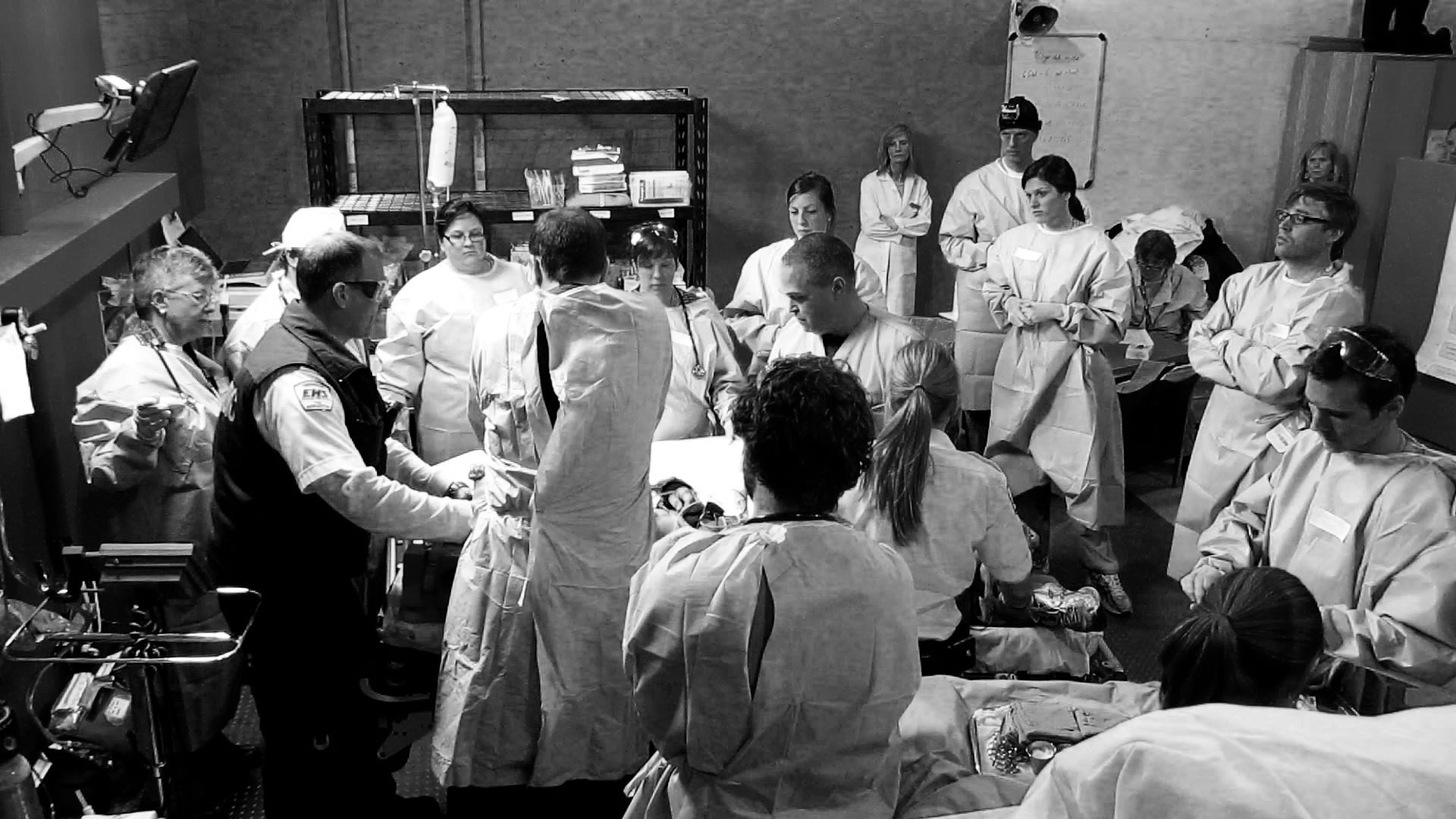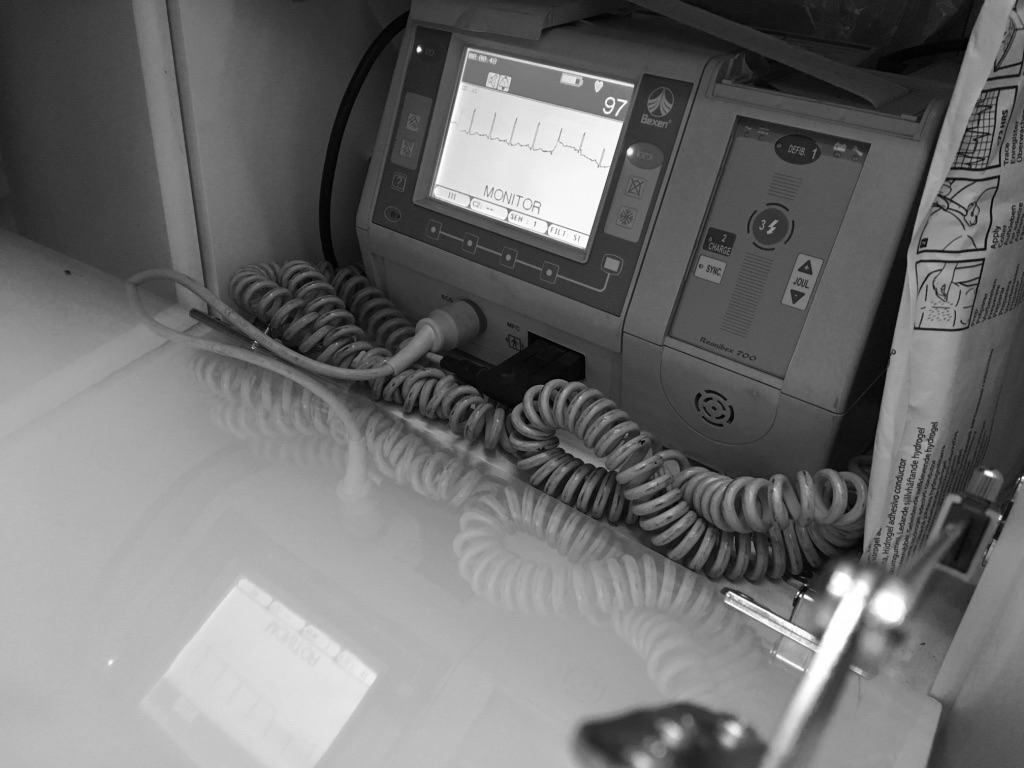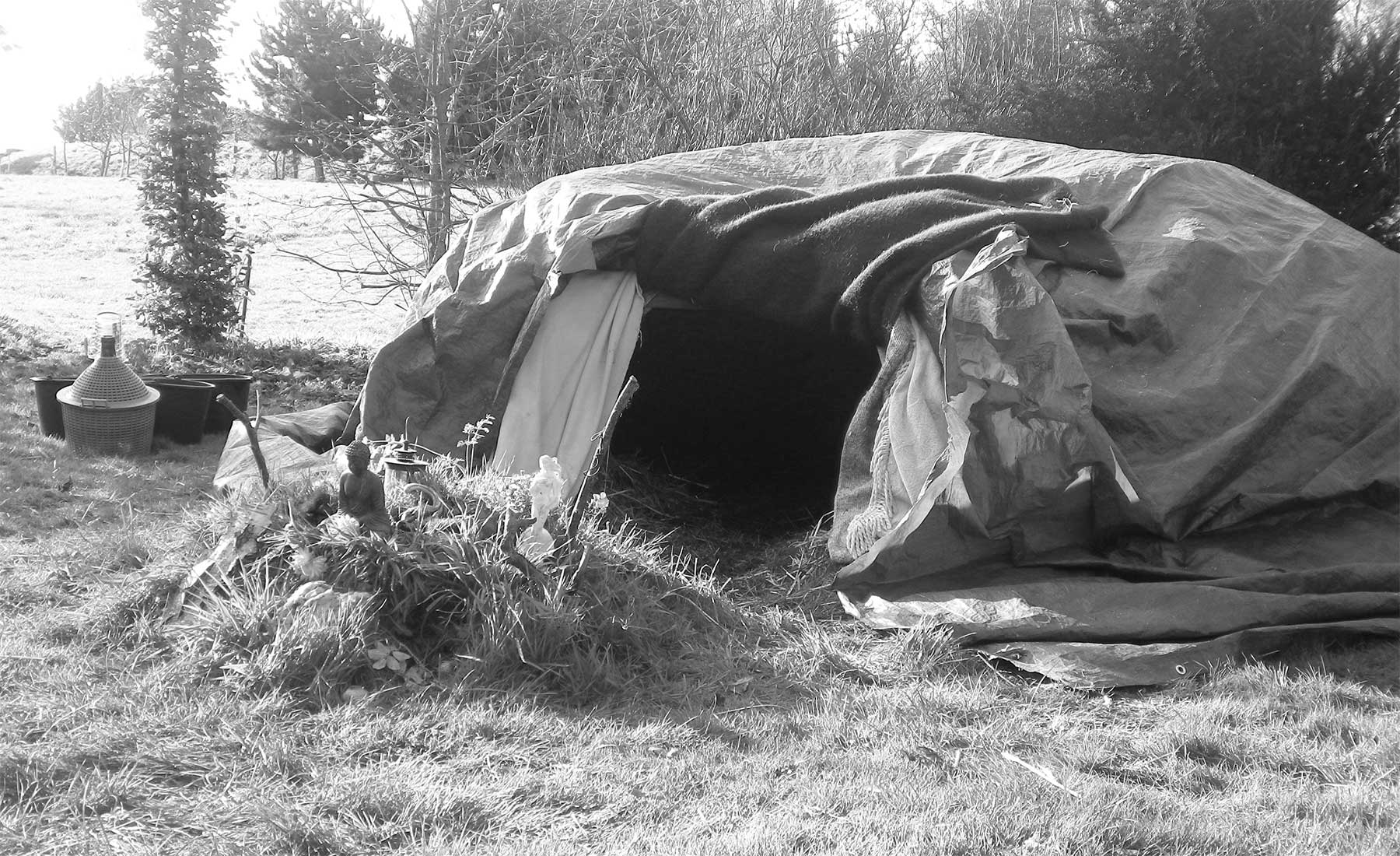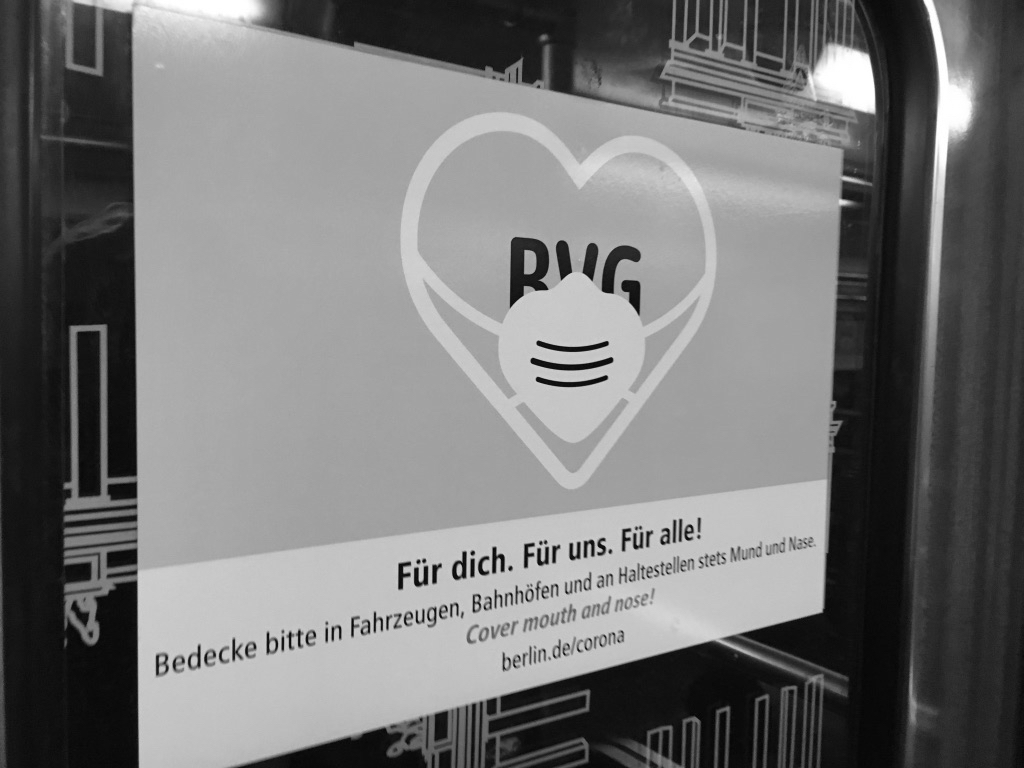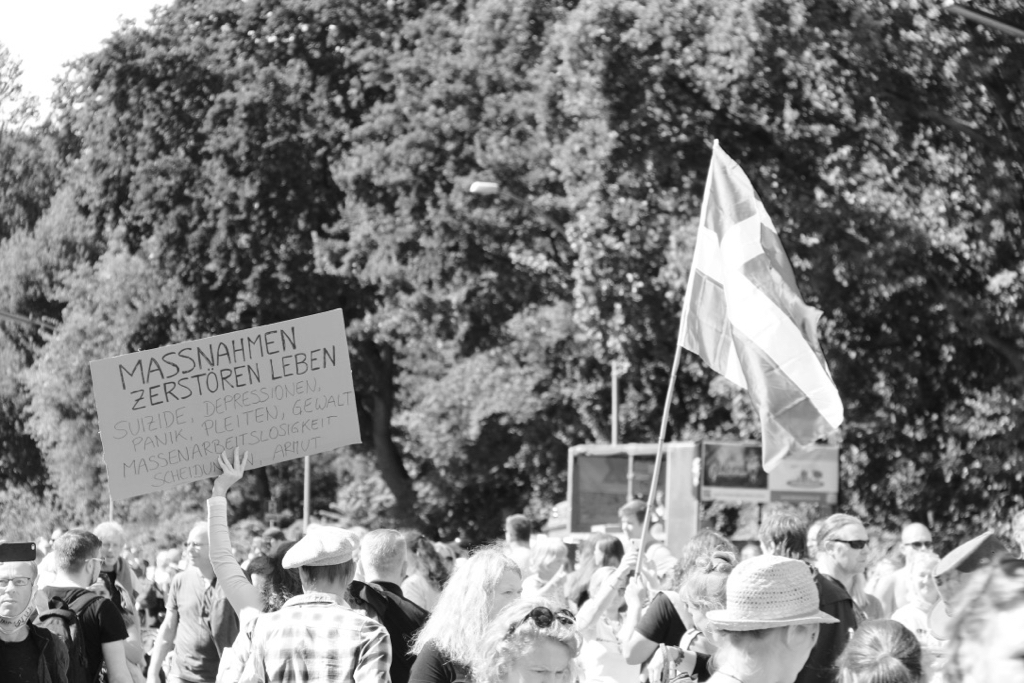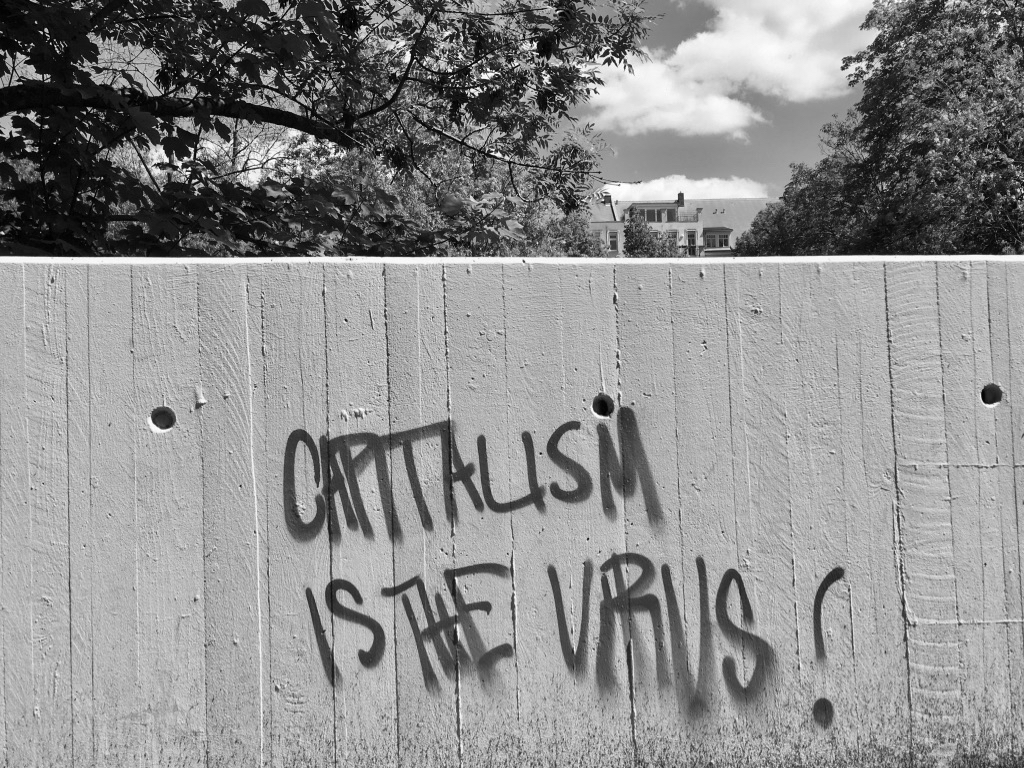AGEM
Willkommen bei der Arbeitsgemeinschaft Ethnologie und Medizin (AGEM)
Die AGEM ist ein 1970 gegründeter gemeinnütziger Verein mit dem Ziel, die Zusammenarbeit zwischen der Medizin, den angrenzenden Naturwissenschaften und den Kultur‑, Geistes- und Sozialwissenschaften zu fördern und dadurch das Studium des interdisziplinären Arbeitsfelds Ethnologie und Medizin zu intensivieren.
Was wir tun
- Herausgabe der Zeitschrift Curare
- Durchführung von Tagungen
- Dokumentation von Literatur und Informationen
Curare
Zeitschrift für Medizinethnologie
aktuelle Ausgabe | Archiv aller Ausgaben | Call for Papers
Veranstaltungen
Cfp for Bodies, Vulnerabilities, Empowerment
Konferenz
In-person symposium, Belfast
Bodies, Vulnerabilities, Empowerment
Symposium
Orgnizers: Amanda Lubit, Milena Williamson, and Maruška Svašek.
Time: Friday 6 March 2026
Place: Wolfson Lecture Theatre, Seamus Heaney Centre, 38–40 University Road, Belfast
Call for Contributions (deadline: 15 Jan 2026)
Centre for Creative Ethnography, in collaboration with Seamus Heaney Centre, invites academics, students, poets and others to participate in a one-day, in-person symposium. The objective is to employ creative ethnography, poetry, and other modes of artistic exploration to explore how inequalities related to intersectionalities of gender, sexuality, race, religion, class, age, and/or disability are
– embodied and experienced
– embedded in wider societal structures
– politicised and resisted
Bodies: We invite submissions that investigate physicality, aging, mortality, emotional interaction, individual bodies and body politics.
Vulnerabilities: Related questions around inequalities, oppression, interdependence, and experiences of disempowerment and trauma are highly relevant.
Empowerment: We also welcome contributions that examine broader themes of bodily agency, resistance, and transformation.
Contributors might similarly consider relationships between artist’s bodies and bodies of work, exploring how concrete works exist in space, culture and society. Another relevant question is how creative practice can make us as creators both vulnerable and empowered. What are the complications of trying to express
- an individual experience
“The days are getting longer now, however many of them / I have left. / And the pencil I am writing this with, old as it is, will easily / outlast their end.” –Ciaran Carson’s “Claude Monet, Artist’s Garden at Vétheuil, 1880)
- a collective experience
(“All attitudes, all the shapeliness, all the belongings of my or your body or of any one’s body” –Walt Whitman’s “I Sing the Body Electric”)
We encourage, but do not require, submissions that incorporate a performative element. Performances can include, but are not limited to, readings, dance, visual arts and crafts, sound, and film.
FORMAT: Each contributor will have up to 15 minutes for their presentation, demonstration and/or performance. If you wish to contribute, please send a 200-word abstract and a 100-word bio to CFCE@qub.ac.uk by January 15, 2025. Please specify the format of your contribution. If you are doing a demonstration and/or performance please let us know what that will involve.
KEYNOTE: Bebe Ashley
Bebe lives in Northern Ireland. Her debut collection Gold Light Shining (Banshee Press) was selected for Read Mór in 2022. In 2023, Bebe received the Ivan Juritz Prize for Creative Experiment (Text) for work which was later published in her second poetry collection Harbour Doubts. In 2024, Bebe received a Creative Practitioner Bursary from Belfast City Council, and in 2025, received the British Council Fellowship for Bundanon, Australia. For more details, please see here: http://www.bebe-ashley.com/
Zukunftsbilder Globaler Gesundheit
Konferenz
Tagung der evangelischen Akademie Tutzing
Toward Biomedical and Health Testing Studies: Reassembling Testing Practices and Health Futures
Konferenz
Call for papers EASST2026 Conference Krakow
CfA for a panel at EASST2026 Conference Krakow: „Toward Biomedical and Health Testing Studies. Reassembling Testing Practices and Health Futures”
Sep 8–11 2026
Deadline Mar 9
Cfp for an open panel “Toward Biomedical and Health Testing Studies: Reassembling Testing Practices and Health Futures” (P050) at the EASST2026 Conference in Krakow (Sep 8–11). The call for abstracts is open until March 9, 2026. Submit your abstracts, and feel free to circulate the call!
Short Abstract: P050 Toward Biomedical and Health Testing Studies
Reassembling Testing Practices and Health Futures
This panel invites contributions examining the epistemologies, ontologies, moralities and politics of testing in biomedicine and (public) health. We particularly seek papers that explore how testing is done in practice and how it might be done or configured otherwise.
For more information and to apply, see the attachment or visit:
Conference Page: https://easst.net/conference/easst2026/easst2026-home/
Abstract Submission: https://nomadit.co.uk/conference/easst2026/p/18029#
Please circulate the call and contact us if you have any questions.
Convenors:
Ingrid Metzler (Karl Landsteiner University of Health Sciences)
Katerina Vlantoni (National and Kapodistrian University of Athens)
Victoria Meklin (Alpen Adria Universität Klagenfurt)
Mara Köhler (Karl Landsteiner University of Health Sciences, University of Vienna)
Long Abstract:
Over the past three decades, scholars in STS and related fields have engaged with the phenomenon of testing in biomedicine and health. Since the late 1980s, research has explored genetic testing as it has been envisioned and practiced in clinical, public health, and recreational contexts, as well as the moralities embedded in the regulatory frameworks shaping its uses. Simultaneously, scholars contributing to the sociology of diagnosis have investigated how testing contributes to making up people. More recently, studies have turned to testing in emerging fields such as precision medicine, paying particular attention to the political economies and governance of testing, or the rise of self-testing practices. Scholars have also analyzed the visions, uses, and infrastructures of testing in global health initiatives and in the management of disease outbreaks, most notably during the COVID-19 pandemic.
In this panel, we propose to use testing as a boundary object to open a dialogue between these diverse strands of research. Building on work developed under the labels of the “anthropology of medical testing” (Street and Kelly, 2021) and the “sociology of diagnosis and screening” (Petersen and Pienaar, 2021), we suggest the label “biomedical and health testing studies” to foster such engagement.
We invite empirical and conceptual contributions that address the epistemologies, ontologies, moralities, and politics of testing across biomedical and health domains. Possible topics include testing in biomedical, public health, and global health contexts; self-testing and tinkering; and the absences, contestations, or refusals of testing. We particularly welcome contributions that explore how biomedical testing might be configured otherwise and how STS scholars can contribute to shaping the futures of health testing.
Petersen A and Pienaar K (2021) Testing for Life? Regimes of Governance in Diagnosis and Screening. Science, Technology and Society 26(1): 7–23.
Street A and Kelly AH (2021) Introduction: Diagnostics, Medical Testing, and Value in Medical Anthropology. Medicine Anthropology Theory 8(2). 2: 1–16.



